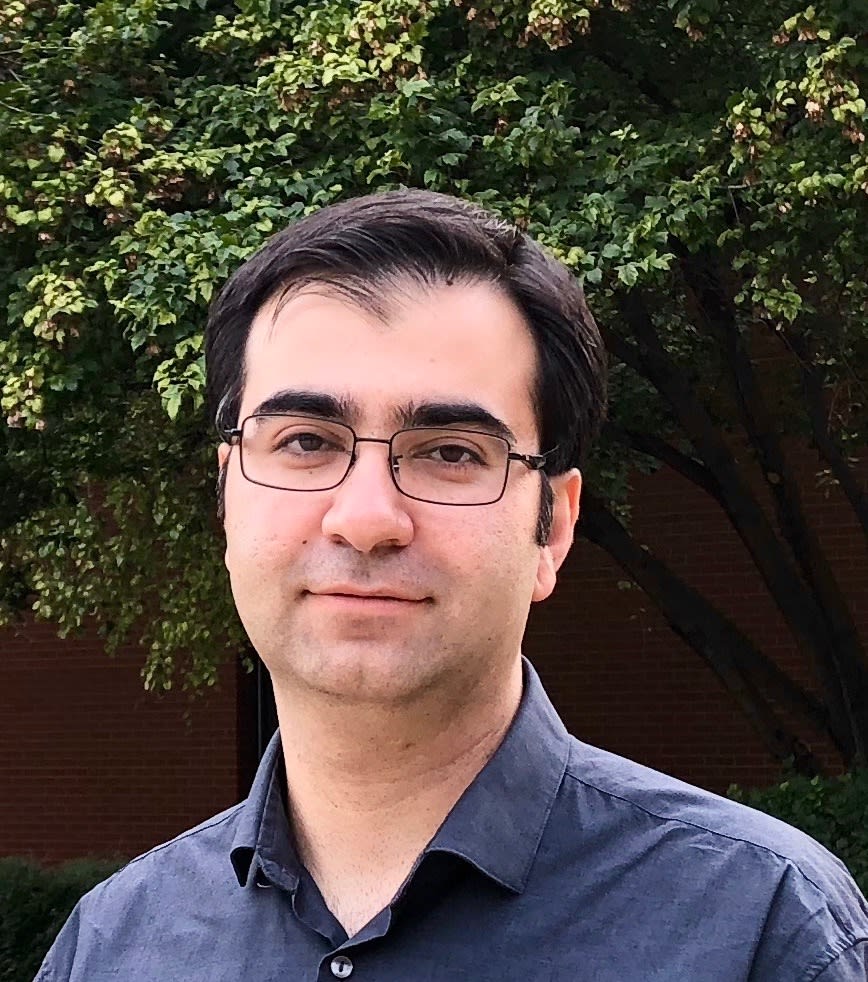
IceCube collaborator Ali Kheirandish received a 2025 International Union of Pure and Applied Physics (IUPAP) Early Career Scientist Prize. Kheirandish accepted the award on July 15 during the opening ceremony of the 39th International Cosmic Ray Conference (ICRC) held in Geneva, Switzerland. He was recognized for “his theoretical insights in associating X-ray emitting active galaxies with sources of cosmic neutrinos and his direct contributions to the experimental confirmation.”
Early Career Scientist Prizes are given to early career scientists within each IUPAP commission who have up to eight years of postdoctoral research experience and have made significant contributions to the cosmic ray field. Kheirandish is a recipient of the Early Career Scientist Prize in the Commission on Astroparticle Physics (C4).
Kheirandish conducted his PhD at the University of Wisconsin–Madison, where he worked under the supervision of IceCube Principal Investigator Francis Halzen. His thesis research focused on the identification of the sources of the high-energy cosmic neutrinos discovered by IceCube in hopes of understanding the nature of cosmic ray accelerators.
Working as a postdoctoral researcher at Penn State University, Kheirandish modeled the production of neutrinos in the gamma-ray-obscured X-ray corona and selected candidate galaxies for neutrino emission based on their X-ray flux instead. He inspired one analysis and led another, both of which found evidence for more sources, most notably NGC 4151, the second of the pair of bright active galaxies discovered by Carl Keenan Seyfert in 1943.
Most recently, Kheirandish helped identify the first source of high-energy neutrinos, the active galaxy NGC 1068, through extensive recalibration of the detector and by using modern machine learning techniques for analyzing the data set.
Though a theorist at heart, Kheirandish plays a prominent and inspiring leadership role in IceCube data analysis and co-leads the neutrino sources working group. He is currently an assistant professor at the University of Nevada, Las Vegas, where he spearheaded the launch of the brand new Nevada Center for Astrophysics.
“It is obvious to anyone who discusses physics with him that Ali masters the broad aspects of particle astrophysics in depth, from particle physics to cosmology, and is totally passionate about science,” says Halzen. “Awarding Ali the 2025 IUPAP Early Career Scientist Prize is a very appropriate and well-deserved recognition.”